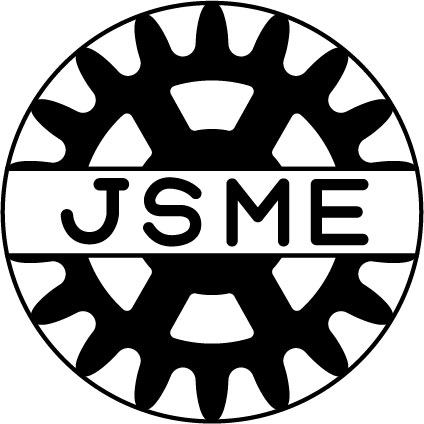Dr. Stefan Voß (University of Hamburg, Germany)
Title: Integrated Vessel and Crew Scheduling in Maritime Shipping:Mathematical Modelling and Extended Observations During Major Disruptions
Abstract: Scheduling capacities and resources plays a vital role in building and maintaining efficient transportation networks. In maritime shipping, vessels and crews are regarded as key resources which need to be scheduled. However, in academic literature, they have not received enough focus and there has not been any considerable attempt regarding the integration of vessel and crew scheduling. After reviewing related research fields in maritime shipping, the necessity of integrating the two problems, i.e. vessel scheduling and crew scheduling, is discussed. A mathematical model is proposed for the integrated problem. Exemplary test instances of various sizes are solved with a standard solver. As large problem instances are difficult to solve in this way, a decomposition approach is proposed. Related sub-problems are processed separately, however, with a cooperation mechanism to construct a complete solution to the original problem. Finally, the impact of disruptions is discussed. For instance, we investigate the impacts of restrictions on the vessel and crew availability which was common in the era of the Covid-19 pandemic.
Dr. Sheng-I Chen (National Yang Ming Chiao Tung University, Taiwan)
Title:OR Applications in Semiconductor Manufacturing: New Challenges and Modeling Framework
Abstract: As demand for integrated circuits grows rapidly, wafer fabrication has become an essential bottleneck and has changed the way operational decisions are made in semiconductor manufacturing. This paradigm shift has changed how operation research models interact with decision-makers. We first present decisions to be made for short-term capacity planning in a multi-fab environment. This problem concerns machine changeovers, capacity backups across different facilities, and other considerations. The second problem is about the production planning for advanced packaging products. It involves both front-end and back-end phases, where the front-end phase produces different types of chips, and the back-end phase is to stack multiple chips on the top of a substrate. There are new challenges that require a new set of models and technologies to guide rapidly changing semiconductor practices. In this presentation, we present mixed-integer programming models, the development framework to implement models, and opportunities to incorporate AI models into the development framework to enhance modeling efficiencies.
Keywords:Semiconductor manufacturing, capacity planning, production planning, mixed-integer programming
Dr. Hitoshi Komoto (National Institute of Advanced Industrial Science and Technology (AIST), Japan)
Title: Integrated Research of Production Scheduling and Smart Manufacturing
Abstract: Production scheduling is a useful method for improving the productivity by effectively allocating machines as well as human resources. In the era of smart manufacturing, real time information in a factory becomes available using IoT devices and standard interfaces of machines. Furthermore, factory simulation models from various aspects are available to evaluate the effect of production schedule and its alternatives. This talk introduces integrated research of production scheduling and smart manufacturing conducted at National Institute of Advanced Industrial Science and Technology.


